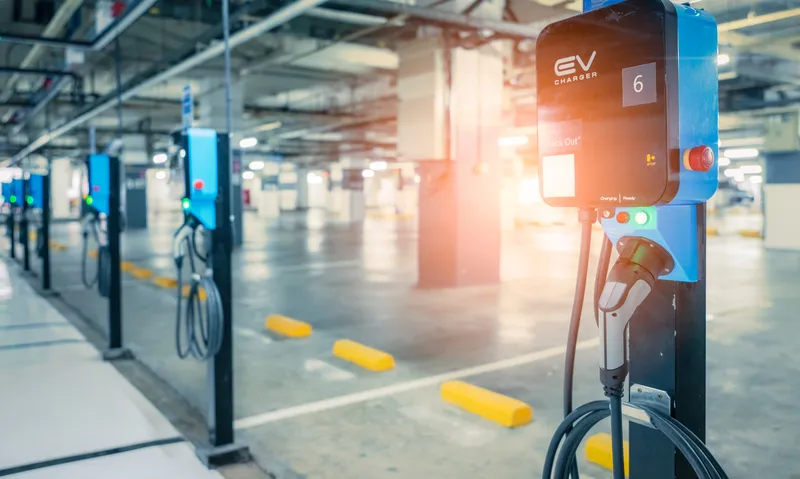A new paper from the American Council for an Energy-Efficient Economy indicates that large-scale introduction of plug-in electric vehicles (PEVs) into the light-duty fleet would substantially reduce U.S. oil consumption. It could also deliver important environmental benefits- specifically reduced emissions of greenhouse gases (GHG) and other pollutants, but these benefits will vary with the source of the electricity used to charge the PEVs. A wealth of policies and programs are in place to support PEV adopt
July 25, 2013
Read time: 2 mins
A new paper from the American Council for an Energy-Efficient Economy indicates that large-scale introduction of plug-in electric vehicles (PEVs) into the light-duty fleet would substantially reduce U.S. oil consumption. It could also deliver important environmental benefits- specifically reduced emissions of greenhouse gases (GHG) and other pollutants, but these benefits will vary with the source of the electricity used to charge the PEVs.
A wealth of policies and programs are in place to support PEV adoption, including federal, state, and local government measures; activities in the private sector; and activities undertaken by utilities and utility regulators to prepare for and promote PEV adoption. However, while a great number and variety of PEV policies are in place, these policies are not yet sufficiently comprehensive or coordinated to achieve widespread adoption of PEVs in the immediate future.
This report discusses the challenges facing widespread adoption of PEVs from both transportation and utility sector perspectives. It explains the importance of addressing those challenges and presents recommendations to achieve that end.
A wealth of policies and programs are in place to support PEV adoption, including federal, state, and local government measures; activities in the private sector; and activities undertaken by utilities and utility regulators to prepare for and promote PEV adoption. However, while a great number and variety of PEV policies are in place, these policies are not yet sufficiently comprehensive or coordinated to achieve widespread adoption of PEVs in the immediate future.
This report discusses the challenges facing widespread adoption of PEVs from both transportation and utility sector perspectives. It explains the importance of addressing those challenges and presents recommendations to achieve that end.










